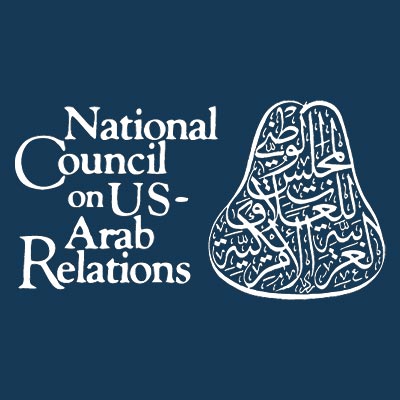The Common Lessons of Benghazi, Algeria, Mali, Tunisia, Egypt, Syria, Iraq, Yemen, Afghanistan, Pakistan, and the Arab Spring
Source: Center for Strategic and International Studies (Read full story)
…
It will be a struggle to help nations deal with the broad range of forces that are currently causing so much instability in the Arab world, to modernize and evolve where they can, and to help the new political factions that take power move forward quickly and with as little violence as possible. The end result will not be a war on terrorism, although it will involve many extremists and terrorist elements; it will be dealing with a clash within Islam rather than a clash between civilizations.The United States will have to deal with a kaleidoscope of shifting governments, factions, and ideologies. There will be many more cases where seemingly stable regimes implode and find themselves dealing with extremists, terrorists, civil conflicts, and failed or failing leaders and governments.
…
Saudi, UAE, Kuwait pledge $300m each to help Syrians
Source: Arab News (Read full story)
Saudi Arabia pledged on Wednesday to provide $300 million to help fund humanitarian efforts to deal with the war in Syria. The Kingdom’s Finance Minister Ibrahim Al-Assaf made the announcement at an aid donor conference chaired by UN Secretary-General Ban Ki-moon in Kuwait. Kuwait and United Arab Emirates (UAE) also announced a pledge of $300 million each, as UN chief Ban Ki-moon warned of a “catastrophic” situation. “Due to the great sufferings of the Syrian people and to help ensure the success of the conference, I announce the Kuwaiti donation of $300 million for the Syrian people,” Kuwait Emir Sheikh Sabah Al-Ahmad Al-Sabah said as he opened the one-day conference in Kuwait City.
…
Kuwait, Iraq sign deal over use of shared waterway
Source: The Peninsula (Read full story)
Iraq yesterday approved a deal with Kuwait regulating the use of a shared waterway through which most of Baghdad’s oil exports flow, which Iraq had accused its neighbour of attempting to cut off. Control of the Khor Abdullah waterway is one of several outstanding issues between Iraq and Kuwait remaining from now-executed dictator Saddam Hussein’s August 1990 invasion of the country. Ali Al Alaak, cabinet secretary general, told a news conference that ministers approved the deal to regulate navigation in the Khor Abdullah, voicing hope that it would clear the way for talks on other unresolved disputes between Kuwait and Iraq.
…
Gulf surpluses to shrink, growth to slow – Kuwait to post huge surplus, Saudi 2013 budget surplus to fall
Source: Kuwait Times (Read full story)
…
The latest Reuters poll of 17 analysts, conducted this month, found them cutting their 2013 budget balance forecasts for five of the six members of the Gulf Cooperation Council, which comprises Saudi Arabia, the United Arab Emirates, Qatar, Kuwait, Oman and Bahrain. But apart from Bahrain, whose public finances will sink deeper into the red in 2013, GCC countries are still expected to maintain substantial surpluses. In Saudi Arabia, the fiscal surplus should halve to 7.1 percent of gross domestic product this year from an estimated 14.2 percent in 2012, the poll showed. The 2013 forecast is below the 8.9 percent predicted by the previous Reuters survey in September.
…
PM denies meddling in Mali
Source: The Peninsula (Read full story)
Qatar yesterday denied distributing arms in northern Mali and said such accusations are entirely baseless. Rather, the country’s stand on the question of Mali is to interact with all the parties concerned and restore peace there. “Qatar has become quite accustomed to hearing such malicious propaganda against it”, said the Prime Minister and Foreign Minister H E Sheikh Hamad bin Jassem bin Jabor Al Thani. “We have become quite used to hearing such allegations, parts of which might be coming from sister countries,” the PM said. He was answering questions at a news conference he was addressing here yesterday jointly with his visiting Greek counterpart, Antonis Samaras. Qatar, according to the Premier, has no intention at all of interfering in Mali.
Arab customs union by 2015 commended
Source: Arab News (Read full story)
…
Saleh Al Khaliwi, director general of the Saudi Arabian Department of Customs (SADC), expressed his confidence in the outputs of the third Arab Economic and Social Development Summit, especially the recommendations issued regarding the establishment of an Arab Customs Union by 2015. In an open talk with a local newspaper, Al Khaliwi explained the intricate nature of the Riyadh summit, including the challenges of forming a unified customs union. He reassured that the Arab leaders were keen on successfully implementing the Arab Customs Union on its planned date, pointing out that a special committee will regularly follow up.
…

